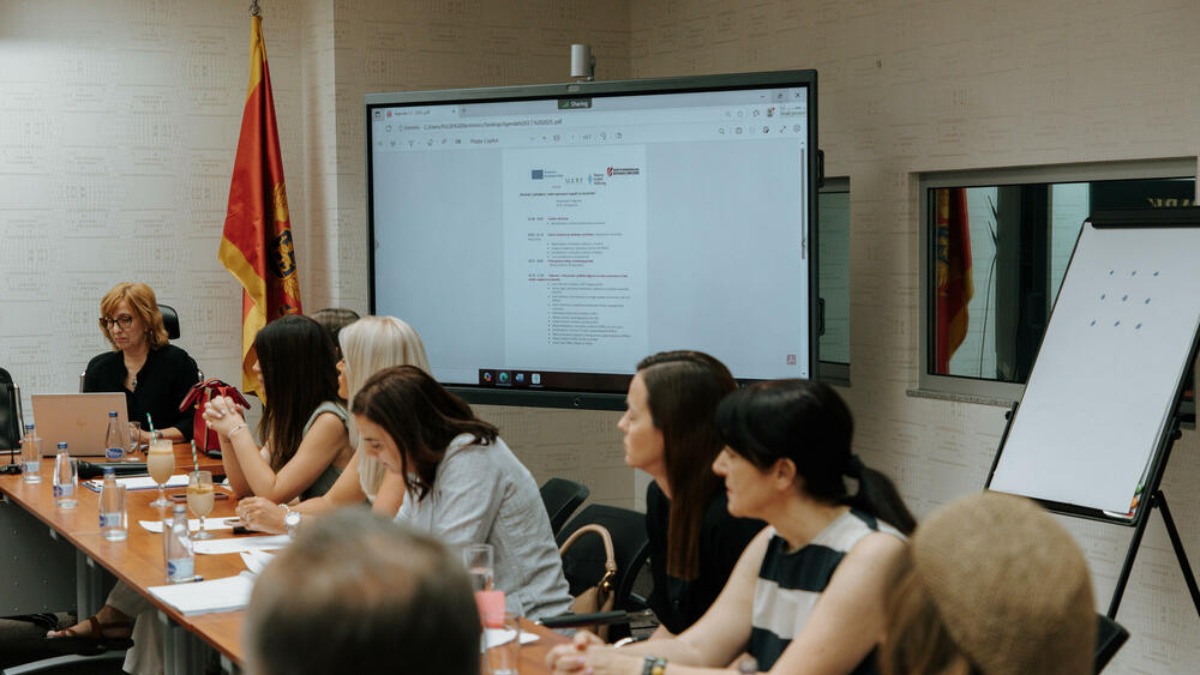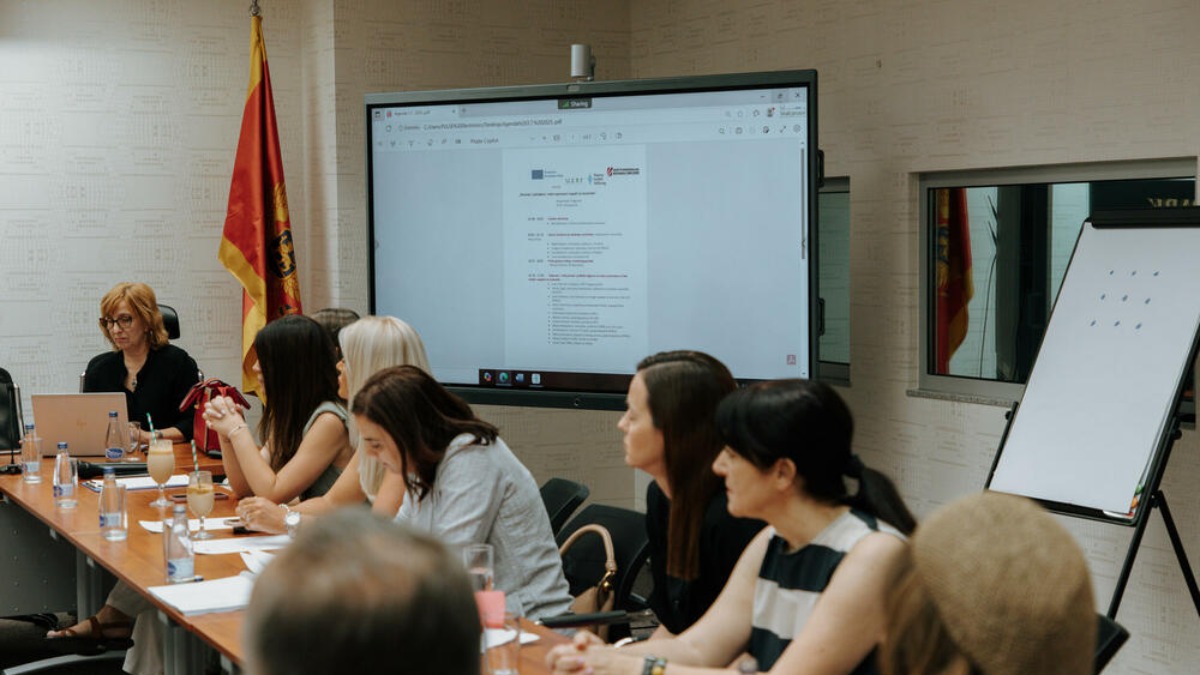Fighting Sexism and Violence Against Female Journalists in Montenegro: Does the Law Protect Those Who Inform Us?
In Montenegro, female journalists are increasingly targeted by sexist and gender-based violence, and the legal system seems ill-equipped to protect them adequately. The Society of Professional Journalists of Montenegro (DPNCG) has made it clear: it’s time to introduce legal provisions that treat sexism as a criminal offense, not just a minor infraction.
What’s going on?
According to data from the Supreme State Prosecutor’s Office, last year 14 cases of attacks on journalists were opened, 9 of which involved female journalists. In the first six months of this year, out of 9 cases, 6 concern attacks on women journalists. Police also report a rise in online threats via social media. Despite daily threats and insults, prosecutors mostly treat these as minor offenses, resulting in light punishments for perpetrators.
When threats become everyday life
Journalists like Ana Raičković, Itana Kaluđerović, and Dragana Šćepanović have publicly shared their experiences. Itana received a Facebook threat: “Watch out, a bullet!” — a criminal complaint was filed, but the court dismissed it and only fined the perpetrator administratively. Shockingly, the same person was criminally prosecuted for attacking police but not for threatening a journalist. Itana recounted how the perpetrator told her at the prosecutor’s office that he didn’t mean to threaten her but wanted to warn her, which caused ridicule and further frustration.
Why is this a problem?
Gender-based violence is not just a personal issue for female journalists — it’s a societal problem that undermines media freedom and democracy. Sexist comments and threats affect not only the victims but also their families and professional reputations. In patriarchal and traditional communities, like many in Montenegro, this problem is even more pronounced.
What do experts suggest?
DPNCG and other organizations call for clear legal provisions defining sexism as a criminal offense. They propose that journalism, as a profession of public importance, be specially protected, and that online violence be taken seriously. They also suggest harsher penalties for offenders, greater solidarity among women in media, and ongoing education about gender equality and stereotypes.
State prosecutor Ivana Petrušić Vukašević emphasizes the need to improve the legal framework because prosecutors currently lack grounds to treat sexist and misogynistic comments as criminal offenses, only as minor infractions. DPS MP Aleksandra Vuković Kuč proposes granting journalists official status and recognizing the double vulnerability of female journalists — due to their job and gender.
Political insensitivity and social responsibility
Milena Vuković from GP URA points out that politicians often don’t understand the issue and don’t realize why emphasizing a woman’s beauty instead of her knowledge and professional integrity is offensive. Some politicians’ statements targeting media and journalists are also criticized for fueling hate speech.
Conclusion: Will the law finally stand up for female journalists?
It’s clear the current law is insufficient. Sexism and gender-based violence against female journalists is a serious problem threatening media freedom and women’s safety in public life. Urgent legal changes, stricter punishments, and social condemnation of such behavior are needed.
If you think this is just another “women’s issue” story, think again. When female journalists can’t work without fear, what does that mean for all of us? And if you have a “favorite” sexist comment or have seen someone act abusively toward female journalists, feel free to share — maybe together we can change things.
slug: borba-protiv-seksizma-i-nasilja-nad-novinarkama-u-crnoj-gori








